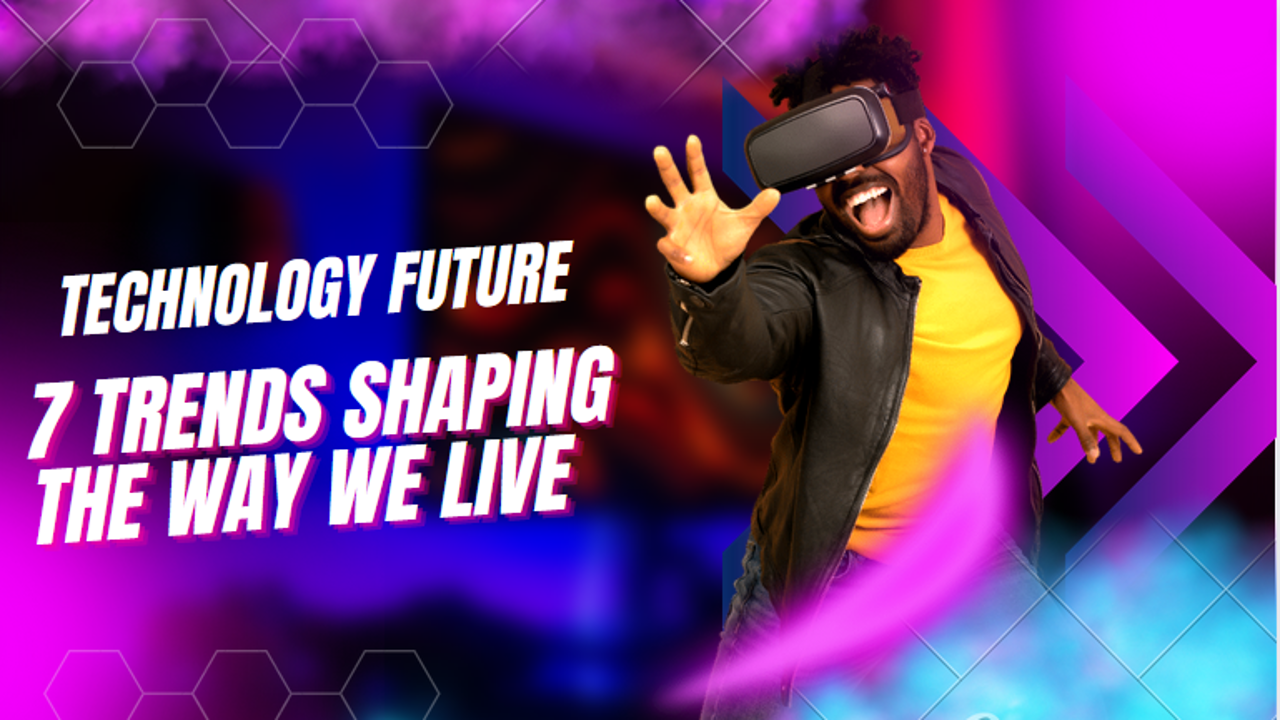Technology has transformed the world we live in, and it continues to do so at an unprecedented rate. From satellites, smartphones, robots, space to artificial intelligence, technology has become an integral part of our daily lives. In this article, we’ll explore the emerging trends that will shape the future of technology and change the way we live.
1. Artificial Intelligence
Artificial Intelligence (AI) is one of the most significant emerging trends in technology today. It is a field in computer science that aims to create intelligent machines capable of doing activities that would normally need human intellect. AI has the potential to revolutionize almost every aspect of our lives, from healthcare like nanobots to transportation and entertainment.
AI systems can analyze vast amounts of data and provide insights that humans cannot. They can automate mundane tasks, freeing up time for more creative and innovative work. AI systems are already being used in a wide range of applications, including self-driving cars, voice assistants, and personalized recommendations
2. Augmented Reality
Augmented Reality (AR) is the technology of overlaying digital content onto the physical world. It is used to enhance the user’s experience by adding interactive elements to the environment such as images, videos, and sound. AR has already found its way into retail, gaming, and entertainment, but its potential applications are far-reaching. AR can be used in education, healthcare, and even urban planning, allowing us to interact with our environment in ways we never thought possible.
3. Internet of Things
The Internet of Things (IoT) is another major trend in technology that is changing the way we live. The Internet of Things refers to the linking of common gadgets to the internet, which allows them to interact and exchange data. The proliferation of IoT devices is expected to increase exponentially in the coming years, with estimates suggesting that there will be over 50 billion IoT devices by 2030.
IoT devices can help to automate tasks, improve efficiency, and enhance our lives in countless ways. For example, smart homes can use IoT devices to control heating and lighting, monitor security, and even order groceries. In healthcare, IoT devices can be used to monitor patients remotely and provide real-time data to healthcare providers.
4.Virtual Reality
Virtual reality (VR) is a technology that allows users to be immersed in a virtual world. It has already been adopted by the gaming industry, but its potential applications are far-reaching. VR can be used for training and education, allowing learners to experience a virtual environment without ever leaving their home. It can also be used to create immersive experiences for entertainment, allowing users to explore new worlds and interact with virtual objects.
5. Blockchain
Blockchain is a decentralized database that enables transactions to be safe, transparent, and tamper-proof. It has the potential to transform industries such as finance, healthcare, and logistics, by providing a secure and efficient way to store and transfer data. Blockchain technology has the potential to transform industries by enabling secure, efficient, and transparent transactions without the need for intermediaries. We can expect to see widespread adoption of blockchain technology in industries such as finance, healthcare, and logistics.
6. 5G Technology
5G technology is the next generation of wireless technology, offering faster speeds, lower latency, and higher capacity. With the increasing adoption of 5G, we can expect to see a more connected world, with more devices connected to the internet, and faster and more reliable data transfer. 5G will enable new technologies such as autonomous vehicles, remote healthcare, and cloud computing, transforming the way we live and work.
7. Quantum Computing
Quantum computing is a new computing paradigm that uses the principles of quantum mechanics to process information. Quantum computers have the potential to solve complex problems that are currently impossible for traditional computers. We can expect to see more research and development in the field of quantum computing, with the potential to revolutionize fields such as drug discovery, machine learning, climate modeling, robotics and cryptography.
